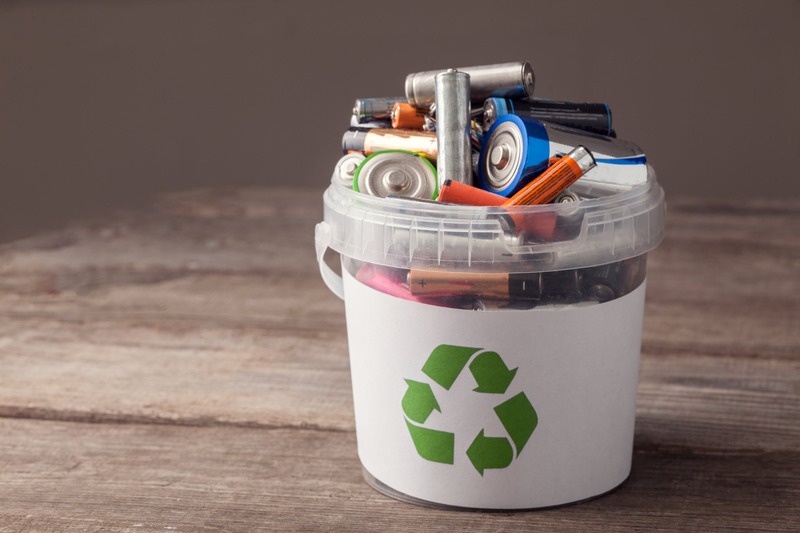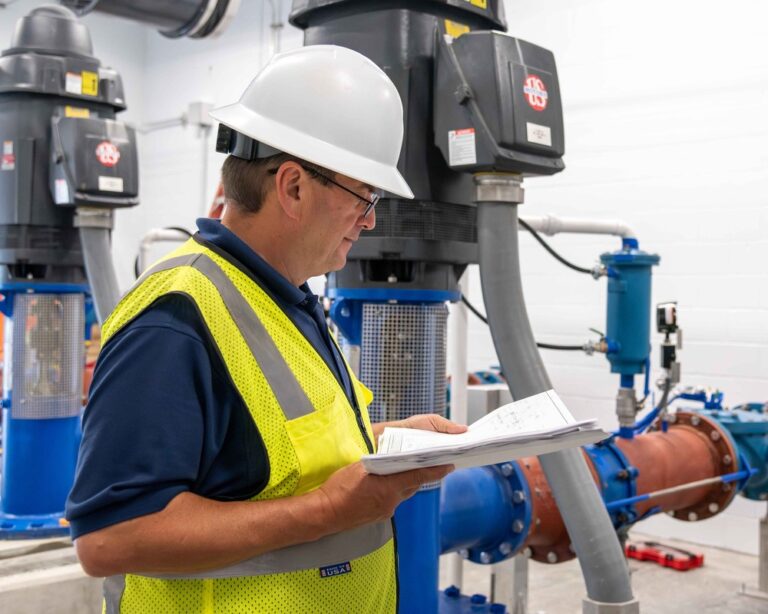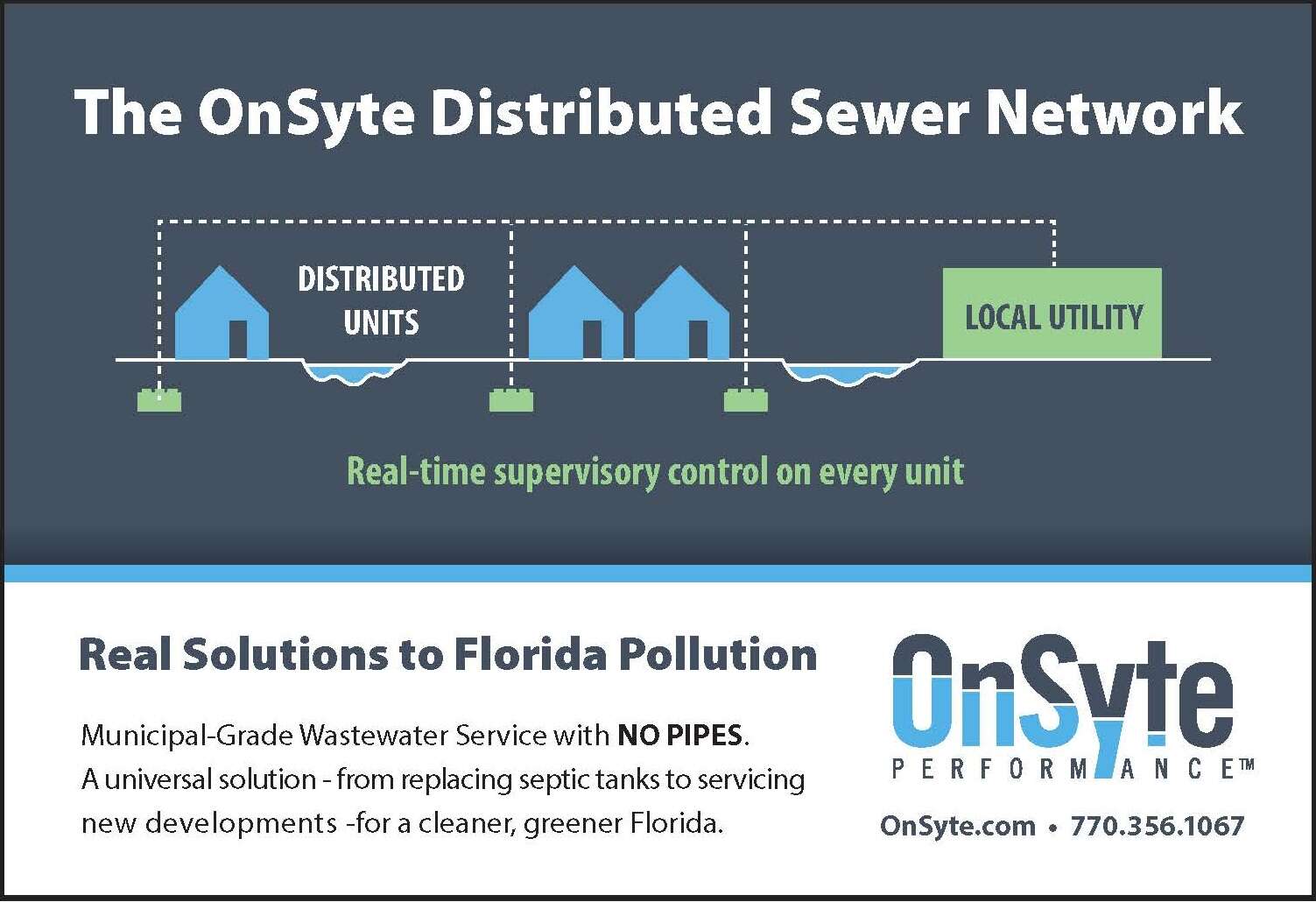
By KEYNA CORY
Improper disposal of batteries is a growing environmental and safety concern. Many people are unaware that tossing rechargeable batteries into curbside trash and recycling containers can have dangerous and costly consequences. The root of the problem lies in the way batteries, especially rechargeable lithium-ion batteries, respond when compacted and then interact with other materials when disposed of incorrectly.
Why Battery Disposal Is a Problem
Batteries, particularly rechargeable ones like lithium-ion and nickel-cadmium batteries, contain hazardous chemicals and are prone to overheating. When damaged, punctured, or compacted in a garbage truck, these batteries can spark, cause fires, release toxic fumes, or even explode. As these batteries become increasingly common in household electronics, toys, and tools, the risk of improper disposal continues to rise.
Fires in Garbage Trucks, Landfills, and Recycling Facilities
When batteries are disposed of in regular trash or recycling bins, they often end up crushed or damaged during the collection and sorting processes. This damage can cause the batteries to spark or overheat, leading to fires. Garbage trucks, which compact waste, are particularly susceptible to fires when batteries are accidentally crushed. Once a fire starts in a moving truck, it can be difficult to control, and drivers are trained to pull over quickly and empty the load in as safe a location as possible. This is often a parking lot, residential street or on the side of a roadway which can result in property damage or even injury to workers.
Landfills and recycling facilities are also at risk. When batteries are compacted or damaged during the processing of waste, they can ignite flammable materials nearby. Recycling facilities, which often sort materials mechanically, are especially vulnerable to fires sparked by improperly discarded batteries. Such incidents can result in costly damage to equipment, prolonged facility shutdowns, and exposure of workers to harmful fumes and other injuries.

Environmental Impact
Beyond the immediate danger of fires, improperly disposed batteries can release harmful chemicals into the environment. When batteries break down, they can leach heavy metals and corrosive chemicals into the soil and water, posing long-term ecological risks.
Proper Disposal Methods
To prevent fires, safety issues and environmental harm, consumers must be aware of proper battery disposal methods. Many communities offer designated drop-off locations for used batteries, including electronic retailers, household hazardous waste collection sites, and specialty recycling programs. Additionally, some municipalities provide drop-off battery recycling bins or collection events to encourage safe disposal.
The Florida Department of Environmental Protection has a program, “Take Charge Florida” to educate residents about the importance of proper battery disposal at https://floridadep.gov/TakeChargeFlorida.
Call2Recycle has a website showing battery drop off locations throughout the state at www.call2recycle.org.
Ensuring batteries are disposed of properly and not in curbside trash or recycling containers is essential for protecting the environment, public health, and worker safety. Raising awareness about the dangers of improper battery disposal can help reduce the number of fires caused by batteries and promote safer, more sustainable waste management practices.
Keyna Cory is the Executive Director of the Florida Recycling Partnership Foundation.






















